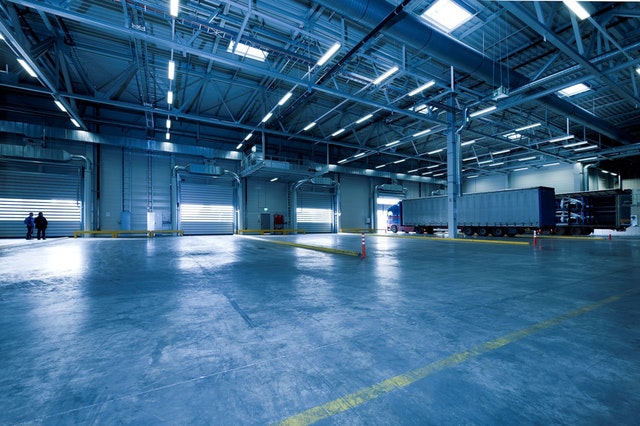Housing has become more expensive during the pandemic
At first, it might seem that the pandemic crisis could have caused a decline in housing prices worldwide, because when the uncertainty is huge, large purchases are usually postponed. In this crisis, it was different, because in most Western countries the price of housing continued to rise – in several cases, moreover, it happened quite rapidly. There are estimates that, as the restrictions ease, housing prices around the world may experience even further rapid growth. This can be determined by the fact that the consumers of the Western countries, after a long period of squatting in their homes, stopped spending. Also, various surveys show that a large number of people’s savings even increased rapidly during this crisis. This is determined by the fact that governments have often “banned” corporate bankruptcy, and in this crisis, citizens have thus been able to keep their jobs and incomes (in turn, spending opportunities have been limited). Very fast. Anyway, for example, The Economist reports that house prices in the USA have risen by as much as 11% in the 12 months up to January, which is the fastest increase in 15 years. It also grew very rapidly – by 9% and 8%, respectively – in Germany and the United Kingdom. On the other hand, for example, in New Zealand, this increase is said to be 22%. Overall, in the 25 countries where The Economist tracks this market, house prices have increased by an average of 5% over a 12-month period, which is the most in 10 years. On the other hand, The Wall Street Journal points out that house prices have grown rapidly – by 16% – also in, for example, the Chinese city of Shenzhen. It must be said that Latvia has not escaped the general increase in housing prices either. In the fourth quarter of last year, the price of housing in our country increased by 3.1% year-on-year, if the change in the housing price index compiled by the Central Statistics Office is evaluated. It can be seen that the price of new housing rose faster – by 6.4%. On the other hand, the price of used housing increased by 2.3%. It can be speculated that even in the case of our country, as restrictions ease, further growth will be observed in this market. They basically state that the value of housing has also been helped to grow by generous government incentives in the era of low interest rates, which has meant that borrowing is basically quite cheap. It has already been reported that in the context of the pandemic, the times of low interest rates have continued in Europe, basically determined by the policy of the central bank of the region. In addition, in some old European countries, there are more and more cases where commercial banks even transfer money to their customers, even if the loan rate is negative. On the outskirts and in the countryside The trend brought by the Covid-19 virus is also highlighted, which predicts that interest in housing in less crowded places has grown. Namely, housing prices in the suburbs have grown faster than in the cities themselves. In fact, this is completely contrary to the trend that has been common for years, when the biggest interest of consumers was in housing in the cities themselves. For example, housing prices outside Germany’s seven largest cities rose by 11% last year. On the other hand, in these cities they increased by 6%. In this regard, London and Sydney are also highlighted, where housing prices in the central part of the city have increased by 4% and 3%, respectively. Meanwhile, the price on the outskirts of this city has risen faster. On the other hand, in Manhattan, New York, they have even decreased by 4%.
In this sense, the rental market is also affected, where such prices have fallen in the centers of many big cities. For example, in New York they have shrunk by 9% and in Manhattan – by as much as 15%, say representatives of the real estate company Zillow. “There has been an almost global “reset” – people have taken a step back during the quarantine period and reassessed their lifestyle,” say, for example, Knight Frank experts. In general, it is predicted that the tendency of people to migrate away from cities marked by the pandemic could become less pronounced with the end of the Covid-19 era. It is pointed out that many people will indeed still think about the possibility of living outside the crowds of people. However, with the resumption of the international flow of people, this trend in the Western world will be compensated by the flow of the same immigrants and students to the big cities. An important factor will be the outcome of the pandemic work-from-home experiment. If company managers decide that such work does not significantly interfere with work efficiency, the assumption will be cemented that many things can still be done from home, which can also be in the suburbs or in the countryside. About 20 thousand performed by Manpower. the results of a survey of employers show that two fifths of bosses plan to allow their employees to work from home to a greater extent even after this pandemic.
Read the full article here










